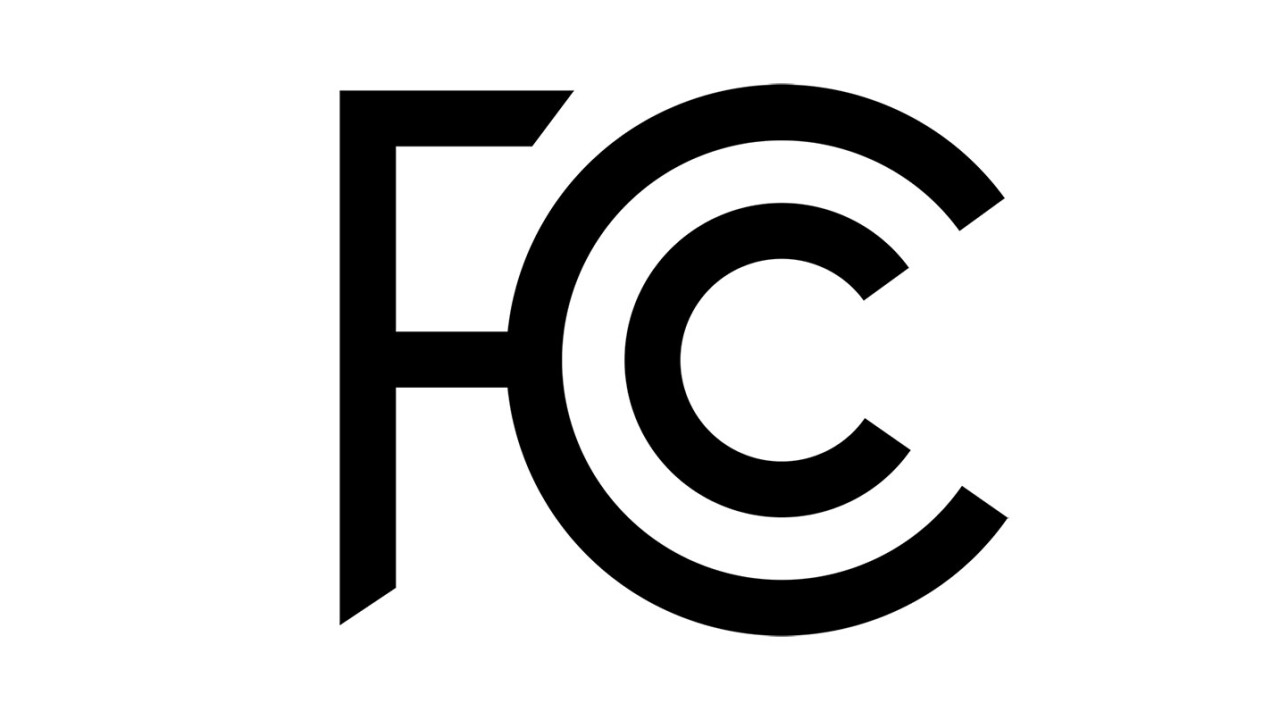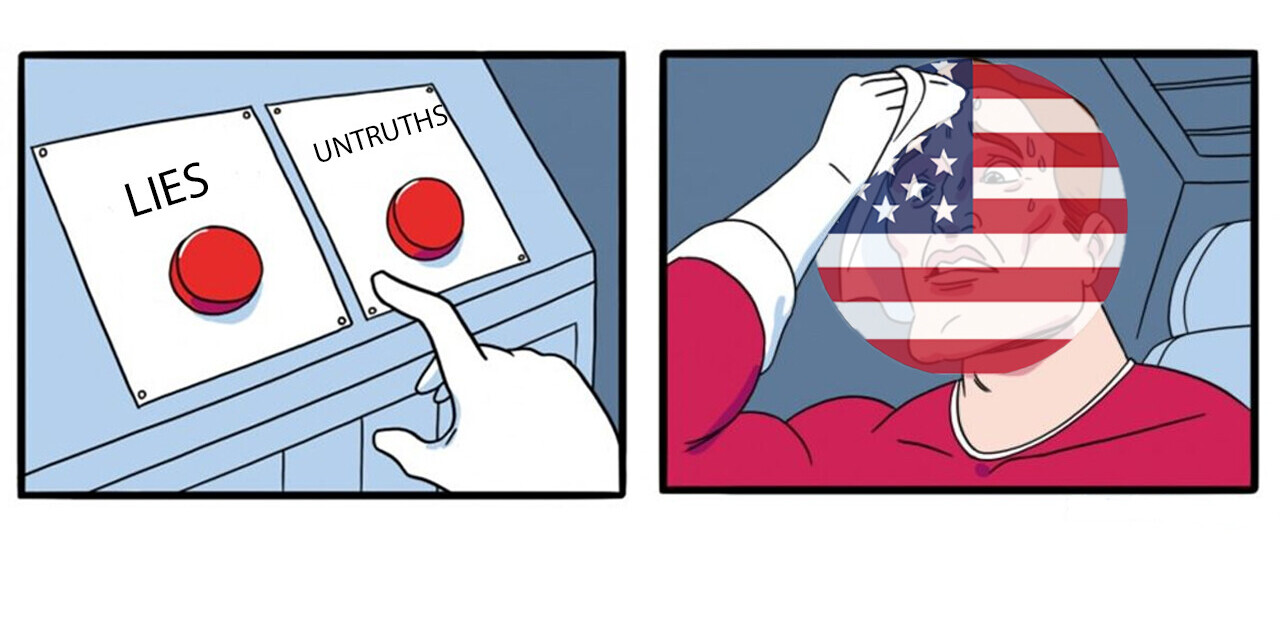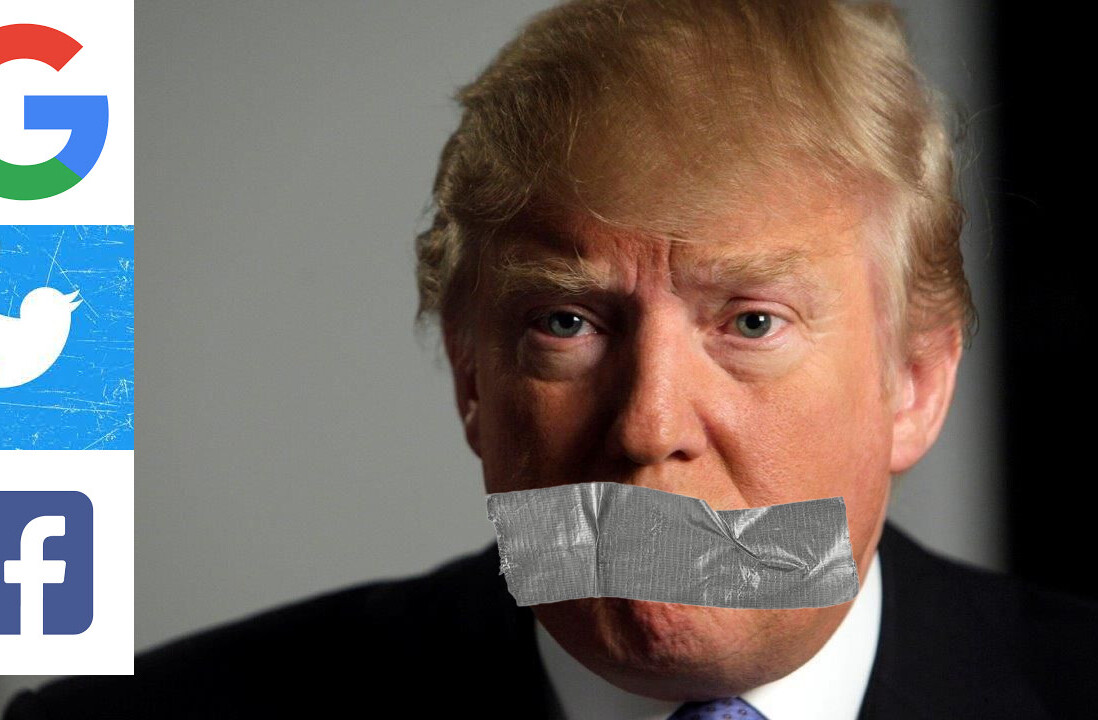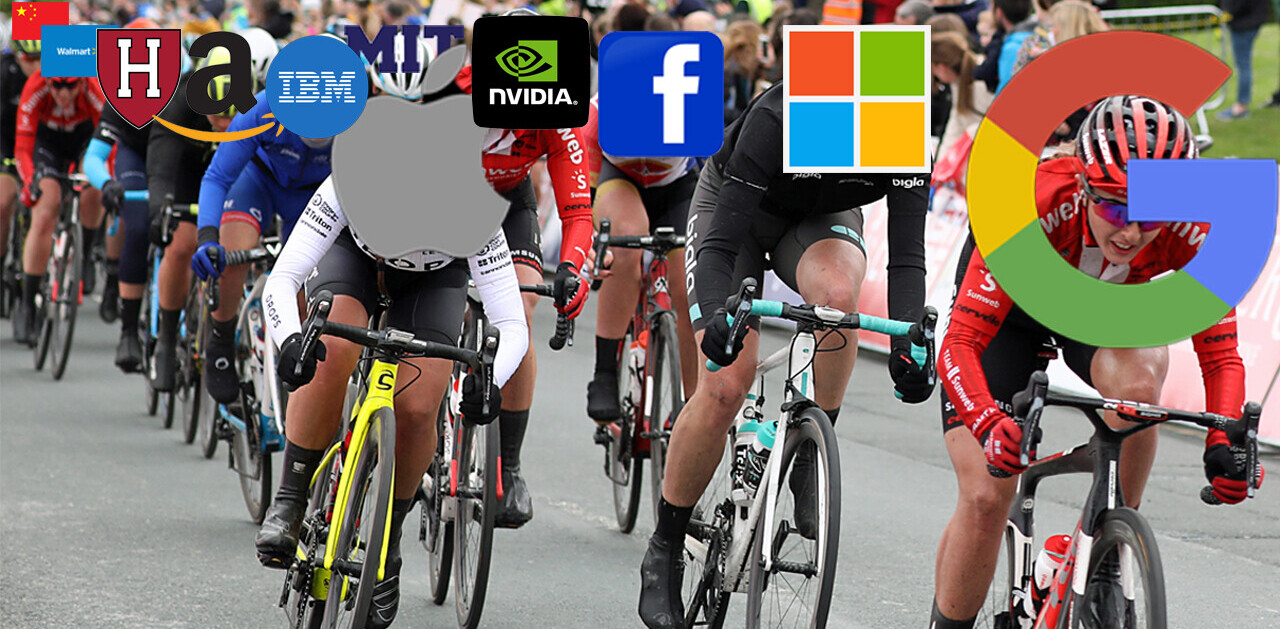
The Federal Communications Commission today released the draft of its Notice of Proposed Rulemaking which would alter existing net neutrality rules. In it, the FCC outlines what it feels needs to be addressed in the reform of its rules.
If you think our emphasis on the potential endgame where everyone has to pay extra based on site-specific throttling is hyperbolic, you might be interested in the section titled “Need for the No-Throttling Rule.” In it, the FCC asks:
The no-throttling rule mirrors the no-blocking rule and bans the impairment or degradation of lawful Internet traffic or use of a non-harmful device, subject to reasonable network management practices. We seek comment on whether this rule is still necessary, particularly for smaller providers. How does the rule benefit consumers, and what are its costs? When is “throttling” harmful to consumers?
Even if the question isn’t facetious (and the quotes make me think it’s possible), I think it’s probably the wrong one. The question it should be asking is, “Why would small internet providers need to throttle lawful internet traffic?”
If you want to tell them exactly why you think this might be harmful, you can file public comments with the FCC on the docket page.
via Ars Technica
Get the TNW newsletter
Get the most important tech news in your inbox each week.




